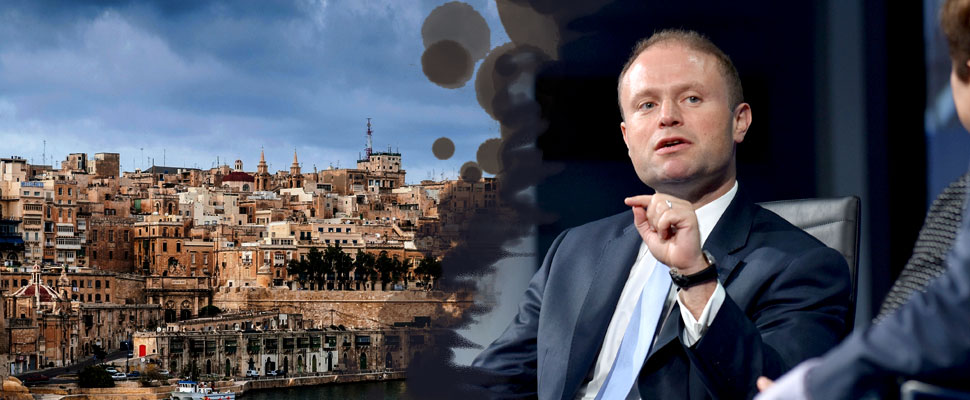Amazing! This is how Malta became the Blockchain Island
Malta's government has passed a series of regulations to incorporate this new technology, as well as the cryptocurrencies, in its day to day

At the recent UN General Assembly, Joseph Muscat, Malta's Prime Minister, declared the great importance of the cryptocurrencies. According to him, these are the "inevitable future of money". Under this mentality, the small island in the Mediterranean, with just 440,000 inhabitants, has become a leader in the distributed ledger technology (DLT) from which the blockchain and digital currencies come out.
Leer en español: ¡Increíble! Así es como Malta llegó a ser la isla del Blockchain
For the European nation, these technologies are the epicenter of confidence in the markets. In fact, on July 4 the Parliament of Malta enacted three laws that enable different businesses that are based on blockchain technology. Among these are: The Malta Digital Innovation Authority Bill, The Technology Arrangements and Services Bill and the Virtual Financial Assets Bill.
Muscat had also said that being the first world jurisdiction to regulate this technology that was previously in a legal vacuum, cryptocurrencies and the blockchain would be the future. This due to its transparency and its ability to filter the good business of the bad ones.
A wide variety of uses for the blockchain
This series of laws have made Malta the first country to create a regulatory framework for DLT operations. Furthermore, according to Silvio Schembri, the Jr. Minister of Financial Services, Digital Economy and Innovation, these laws not only deal with digital currencies, but also focus on other DLT technologies that do not necessarily have a financial focus.
Malta's Minister for Transport mentioned the importance of this technology to develop a national strategy that would be used to transform different sectors through the government. In May of this year, the government announced a partnership with the Blockchain Omnitude platform to improve the island's public transportation network.
It may interest you: Ripple: The new popular cryptocurrency
In addition, according to CNN Money, since 2017 the government has also collaborated with Learning Machine Technologies in a pilot program that allows vocational and high school students to access and retrieve educational transcripts and records, using blockchain technology.
The Prime Minister also said that blockchain could be used to vote through their smartphones and protect the privacy of health system information, so that patients could have real possession and authority over their medical records.
Another way to attract investment
On the other hand, Malta's strategy in establishing this regulatory framework for DLTs and cryptocurrency businesses is creating a new model of business opportunities in a rapidly evolving digital environment. The government hopes that these legislative reforms will attract the attention of foreign technological and financial companies so that they can settle on the island.
So far, this has seemed to be effective, as Binance, the world's largest cryptocurrency exchange, has just moved its headquarters from Hong Kong to Malta. Partly also because of certain regulations that have become obstacles in these countries. In addition to this, Malta is on its way to being the home of the first decentralized bank.
Founders Bank will not have central authority, but will be of the clients, in addition to being compatible with the blockchain technology. This pioneering project will allow its clients to decide on the development of solutions that they will be using with a blockchain model based on intelligent contracts. Binance announced that it would support the bank, becoming its first and largest investor.
LatinAmerican Post | Valentina Moya
Translated form "¡Increíble! Así es como Malta llegó a ser la isla del Blockchain"
Listen this article




